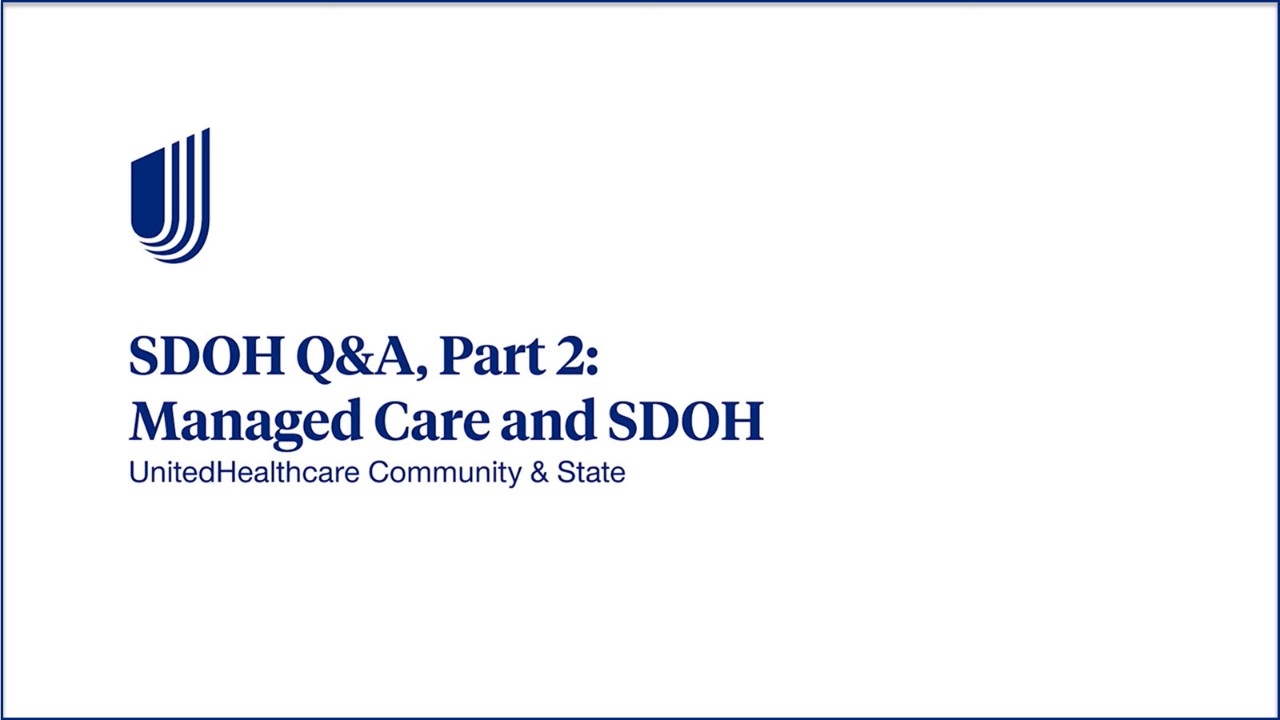Through their focus on whole-person care, managed care organizations (MCOs) are uniquely positioned to improve health outcomes and reduce state budget costs. The comprehensive, whole-person approach of Medicaid managed care addresses factors impacting social drivers of health, which contribute to roughly 80% of a member's overall health. By identifying member social needs and ensuring those needs are actually met before they lead to medical needs, medical costs can be reduced.
Medicaid managed care organizations can make an impact on health, costs and care quality through:
- Relationship and partnership building with experts in food insecurity and housing
- Value-added services such as tenancy and medical respite support
- Data collection, including racial and ethnic information
- Data analysis to enable better care coordination between organizations
- Data sharing across providers, government organizations and MCOs that accurately reflects comprehensive social needs
The economic impacts of the pandemic increased social needs ‒ especially for housing and food. But it also provided an opportunity for managed care organizations to forge stronger connections with organizations that are experts in addressing those needs. And through these partnerships, MCOs help to ensure that all member needs are met.
Learn why data sharing, analysis and collection consistency are critical to improving both member health and member experience in this video.
